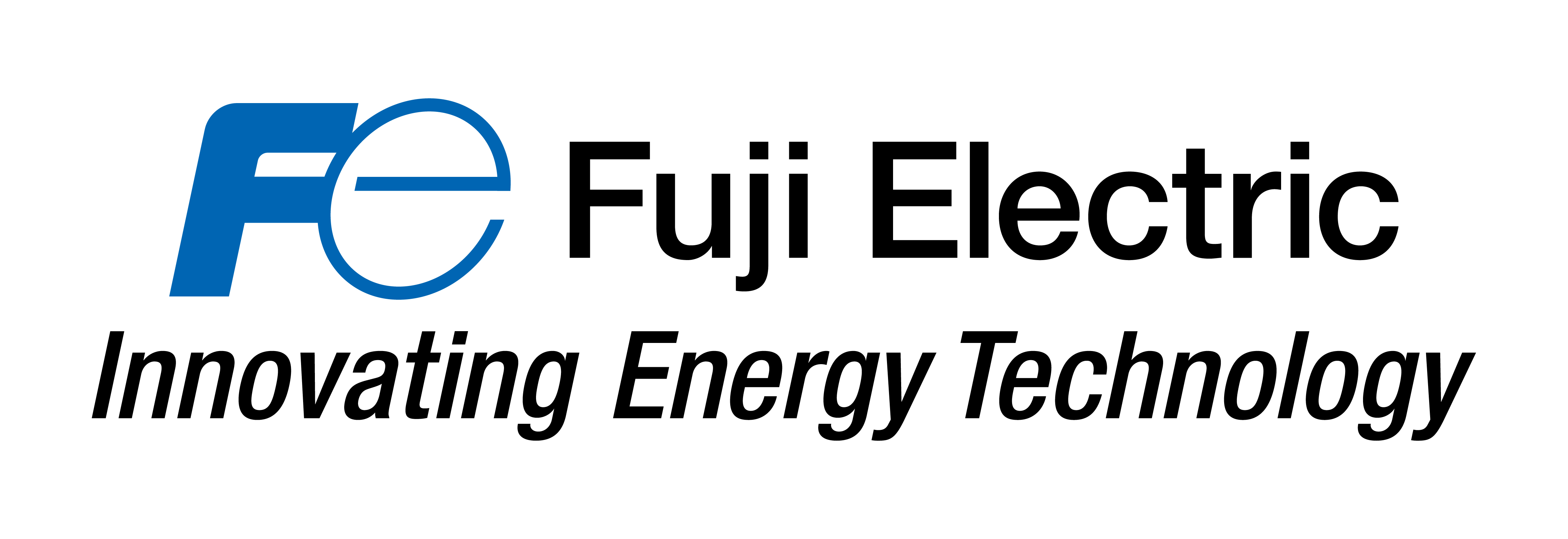
In an era where medical advancements are progressing at an unprecedented pace, the role of a dependable, efficient, and resilient power system has never been more critical in healthcare establishments. These facilities comprise a complex amalgamation of sensitive electronic loads alongside various commercial ones, making superior power quality a fundamental imperative. Meeting this crucial need head-on is Fuji Electric India, a leader in power electronics technology. With a robust portfolio of industry-leading solutions, Fuji Electric India is setting new standards in ensuring seamless operations, enhancing patient safety, and elevating the overall efficiency of healthcare services.
The Importance of Power Quality in Healthcare
The role of technology in the healthcare industry has been transformative, driving a growing dependence on complex electronic medical equipment. These changes have enhanced the quality of care but also elevated the demand for an effective, high-quality power supply. Consequently, power quality has emerged as a critical element for the efficient operation of healthcare facilities.
Healthcare environments are a labyrinth of varied electronic loads. This includes sensitive medical equipment such as life-support machines, MRI scanners, CT scanners, X-ray machines, and more routine commercial loads like air conditioning units, lighting, and administrative systems. Each component contributes to a complex electrical ecosystem where power quality directly impacts equipment performance, patient safety, and the delivery of healthcare services.
The potential for power disturbances to disrupt this intricate balance is significant. Poor power quality or sudden power disturbances can cause equipment malfunction or shut down, with consequences ranging from interrupted patient care to life-threatening scenarios. Hence, the provision of a steady, uninterrupted power supply is more than an operational efficiency metric—it's a vital necessity for patient safety and well-being.
Healthcare facilities lean heavily on technologically advanced medical equipment to provide diagnostics, treatment, and patient care. These sophisticated systems are particularly sensitive to the quality of electrical power they receive, a factor that highlights the industry's susceptibility to power quality issues.
Any disruption in the power supply—be it voltage spikes, frequency variations, or transient disturbances—can lead to unexpected shutdowns of these sensitive systems. A minor interruption in power can halt an ongoing surgical procedure, shut down life-support equipment, or disable monitoring systems, each with the potential to severely disrupt patient care and create life-threatening situations.
Interestingly, these disturbances often arise from within the healthcare facility itself, generated by non-linear loads such as computers, LED lights, and certain medical equipment. These loads draw power in abrupt, non-linear pulses, distorting the waveform and generating harmonics. Excessive harmonic distortion can cause a host of problems, including overheating of wiring and equipment, malfunctioning of equipment, and premature equipment failure.
The simultaneous use of diverse medical devices in a healthcare facility introduces another layer of complexity. Harmonic disturbances from one piece of equipment can interact with others, potentially causing further malfunctions or failures.
The impact of these power quality issues extends beyond immediate patient safety concerns. The shortened lifespan of expensive medical equipment, increased energy waste, and higher operational costs add a financial dimension to the issue. Therefore, managing power quality in healthcare facilities is a safety requirement and a vital economic consideration.
Current Market and Challenges in India
Despite being one of the fastest-growing industries, India's healthcare sector faces numerous challenges. These include increased demand for quality healthcare, a rise in non-communicable diseases, an ageing population, and a necessity for infrastructural upgrades. Power quality and energy efficiency issues have thus become a priority in healthcare facility management.
Fuji Electric India has stepped up to these challenges, providing transformative benefits to the healthcare industry through high-quality, energy-efficient products and solutions tailored to meet the sector's specific requirements. Our superior products, backed by our commitment to excellent after-sales service, have set new standards in healthcare automation, fostering industry growth and progression.
The Fuji Electric Solution
Fuji Electric's Uninterruptible Power Supply (UPS) systems are integral in circumventing these issues. Equipped with in-house developed power semiconductors, these systems provide the highest level of conversion efficiency in the industry, ensuring an uninterrupted, reliable power supply.
Fuji Electric's UPS systems are specially designed for applications in diagnostic imaging, providing the necessary transient response to regulate voltage during the scanning process. This guarantees the uninterrupted operation of imaging devices, prevents potential equipment damage, and safeguards against diagnostic inaccuracies, thereby significantly enhancing patient safety and care.
Adding to this suite of solutions, Fuji Electric's Variable Frequency Drives (VFDs) are used to control air handling units and chillers. These systems help in significant energy savings and reduce carbon emissions, contributing to a more sustainable healthcare environment. They play a crucial role in patient safety and comfort by improving ambient conditions.
Fuji Electric: Powering Efficient Healthcare
Fuji Electric India offers a strong foundation for reliable, safe, and efficient healthcare delivery with a robust portfolio of innovative and efficient solutions, ranging from UPS systems to VFDs. Our unwavering dedication to technological innovation allows us to deliver superior power quality, optimize energy consumption, and enhance patient safety. Through our contributions, we continue to drive positive change in India's healthcare industry, allowing healthcare providers to focus on their primary goal: improving patient outcomes and saving lives.
